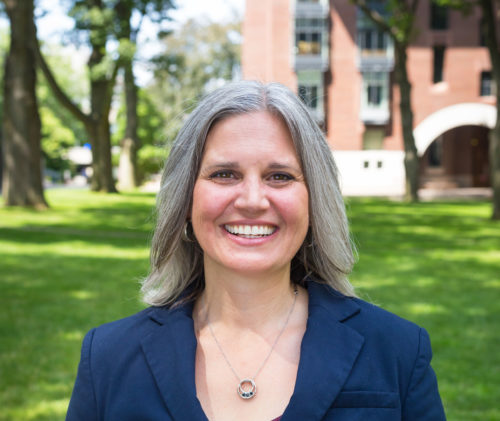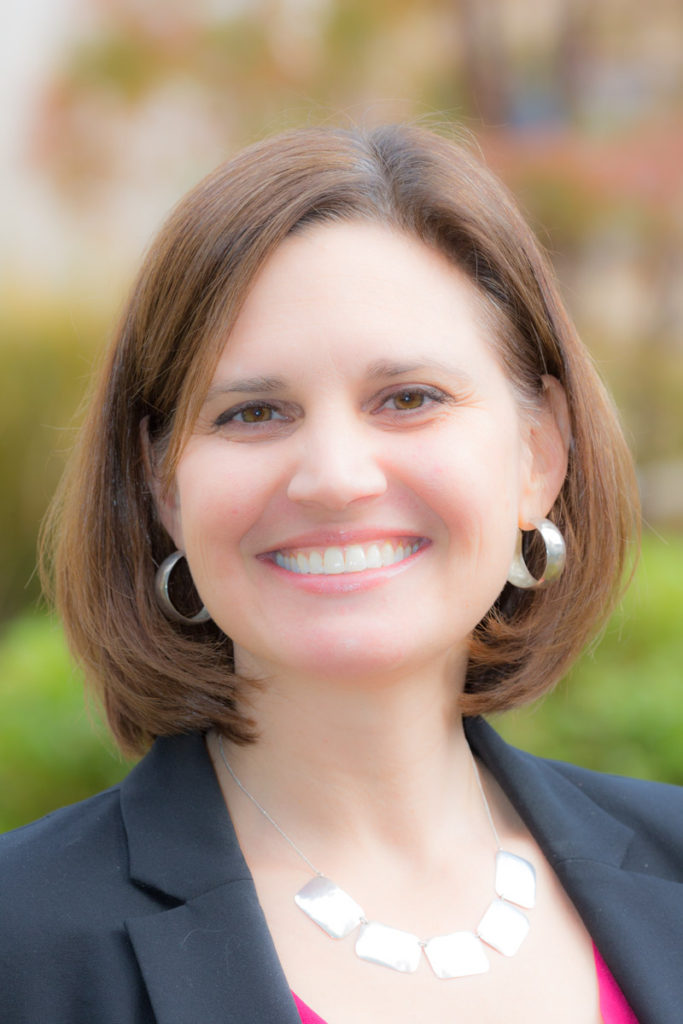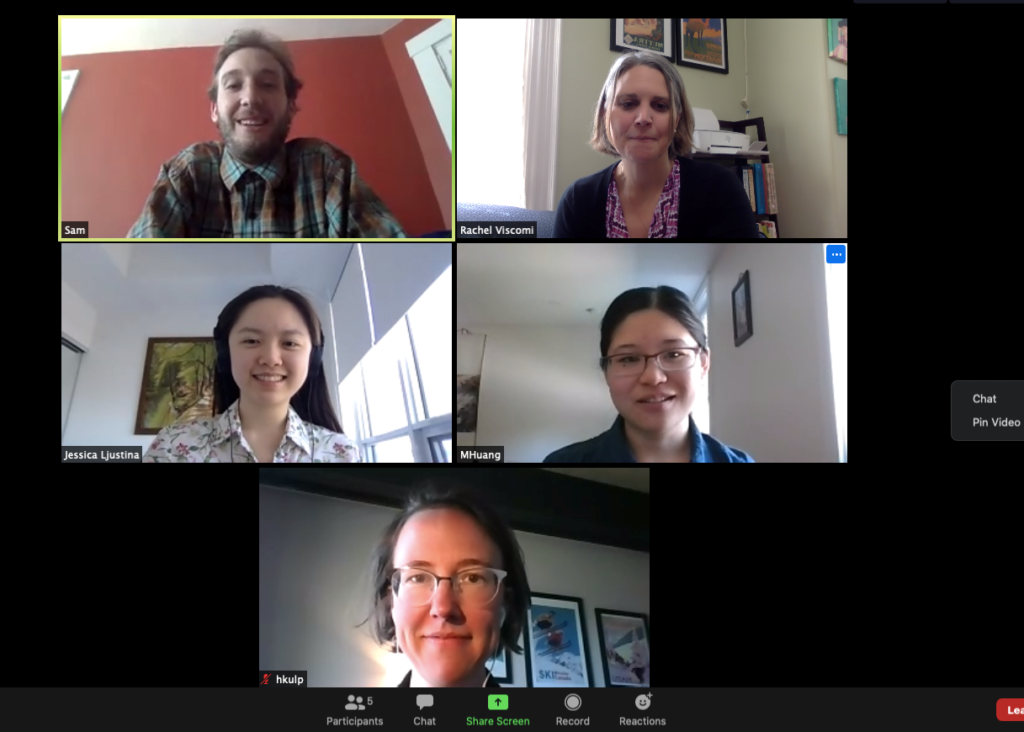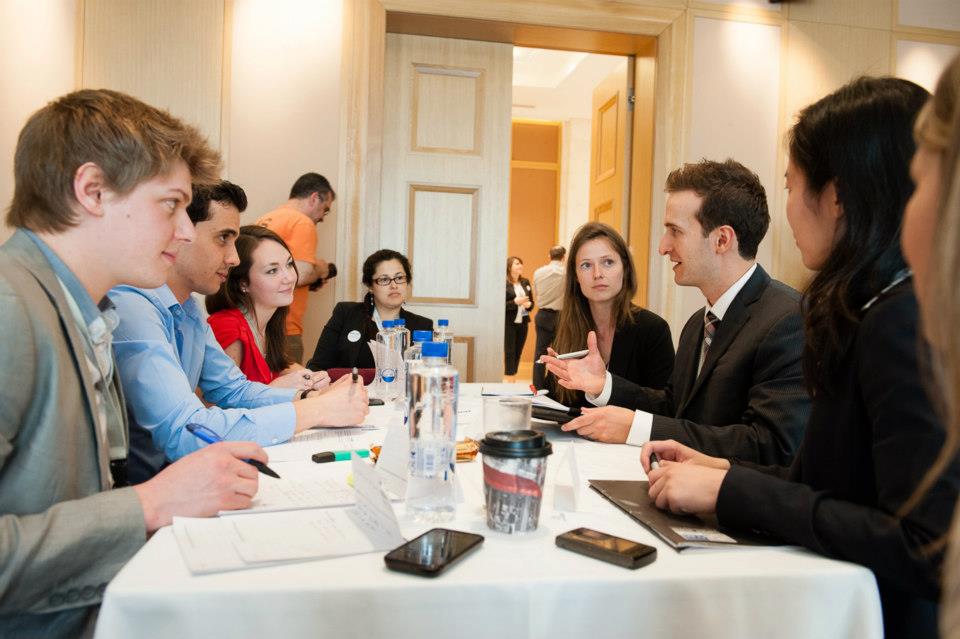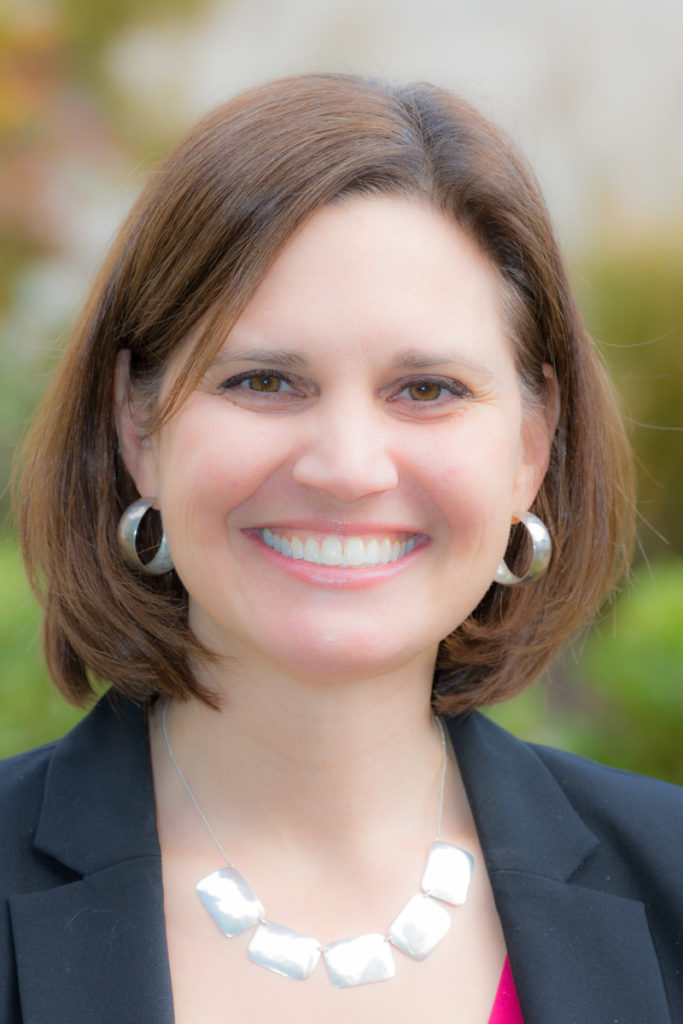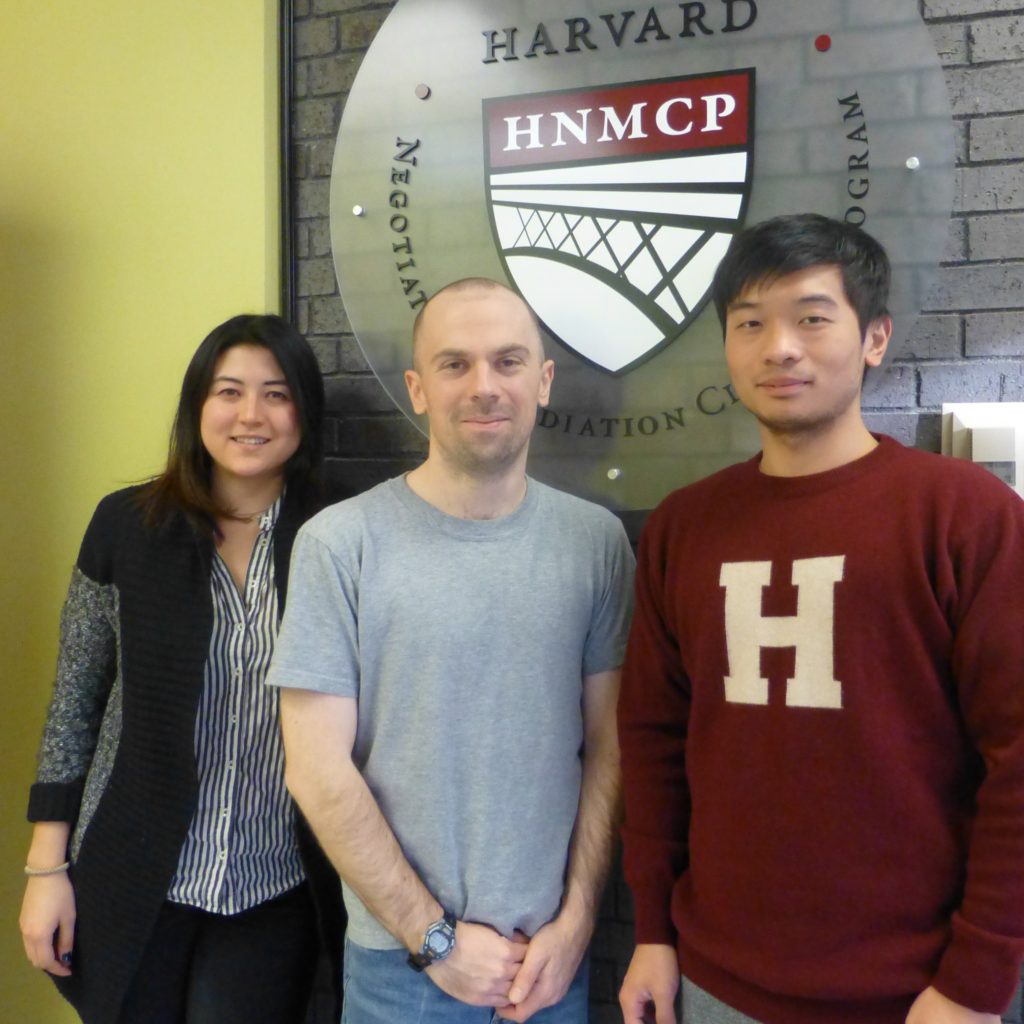By Ana Carolina Viana Riella, Outreach & Case Coordinator, Harvard Mediation Program
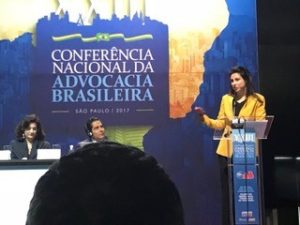 Last fall I returned to my home country of Brazil to speak at the XXIII Brazilian Bar Association National Conference in São Paulo about my experience as Outreach & Case Coordinator at the Harvard Mediation Program.
Last fall I returned to my home country of Brazil to speak at the XXIII Brazilian Bar Association National Conference in São Paulo about my experience as Outreach & Case Coordinator at the Harvard Mediation Program.
Over 20,000 people attended, making it the largest gathering of its kind in the legal field according to the organizers. During three days, a variety of themes were debated. Appropriate (or Alternative) dispute resolution (ADR), and more specifically mediation, was highlighted given the new Brazilian Mediation Law passed in 2015 (L 13.140/15), which has been gaining momentum in the country. I was honored to share the podium with colleagues who have been doing inspiring work in Brazil and abroad.
Resolving conflict through mediation and other forms of ADR comes as an absolute necessity in a country where only 27% of lawsuits were resolved by the first instances of the judiciary branch in 2016, contributing to a tsunami equivalent to 79.7 million pending cases on all courts of the country as backlog. In 2016 alone, 29 million new lawsuits were filed in the courts[1]. Marco Aurélio Buzzi, one of the speakers in the conference and judge in one of the highest courts in Brazil (the Superior Tribunal de Justiça), said, “I am not saying that the system has failed, but we must act to prevent it. I’m sure that in our experience, the only and real alternative is mediation and conciliation, there is no going back.”
Nevertheless, very much like the United States thirty years ago, Brazil is not entirely ‘sold’ on the idea of mediation. Modern mediation was not easily or readily accepted in the U.S. and many would still claim it has a secondary or tertiary place, behind conventional litigation and arbitration[2]. Very much like the U.S., Brazil is deeply polarized, socially and politically. The two countries also share adversarial cultures, with a preponderance of litigation in dispute resolution. Brazilian ‘litigation culture’ or a ‘culture of the verdict’ (as some like to call it) unfortunately does not typically favor amicable, forward-looking, creative, consensual outcomes.
When it comes to resolving disputes outside of the formal legal system, it is safe to say that the U.S. has now one of the world’s most advanced and successful ADR systems. We should also acknowledge the success of the work done by Harvard University and many other institutions of higher education in creating the theory transforming the field of ADR across the world. And we must mention and honor Professor Frank Sander, widely known as one of the fathers of the field of ADR who just recently passed away, for daring to think differently and passing on his wisdom to so many others.
In Brazil, where I pursued a portion of my legal education, mediation was rarely addressed in any university curriculum at the time. Gladly, this panorama is changing. I came into more in-depth contact with ADR thanks in large part to my U.S. professor, friend, and mentor Carrie Menkel-Meadow, who to this day is making some of the most significant contributions to the field. Introducing ADR in formal legal education all over Brazil is an essential step to a shift in the legal culture.
In large part, law practitioners participating in the conference seemed enthusiastic about the prospects of mediation in the country, but in their talks speakers also spent time trying to allay skepticism or fear on the part of some lawyers that mediation could be a conflict of interest that may undercut their litigation business. This is not an uncommon reaction. Recall, for example, the famous episode in 2011 when the Italian Bar Association called on its members to strike in opposition to a mandatory mediation law. Drawing on themes from the conference, here are some things to consider as we work to shift any country’s legal culture towards greater acceptance of ADR:
- Some prefer the term “appropriate” dispute resolution (myself included) rather than “alternative” dispute resolution. Appropriateness is a key word when talking about various forms of dispute resolution. There is no ‘one size fits all’ and one must acknowledge that mediation, for example, is not intended for every kind of dispute. There are both strengths and flaws in the process.
- Ethical norms of conduct should require lawyers to fully inform their clients about a variety of options for dispute resolution.
- There must be a dramatic shift in legal education and continuing education environments to familiarize new and seasoned lawyers (in theory and, preferably, in practice as well) with the different kinds of dispute resolution. Lawyers must fully understand both the economic impacts and the skill sets needed to make the most effective use of ADR[3].
- As lawyers, we tend to talk about mediation (or other forms of ADR) with one another, in professional circles and legal events. The final user of mediation should also be educated about it, even if a lawyer will most likely be advising them.
- Lawyers should be evaluated not only on lawsuits won or lost, but also on disputes avoided and relationships preserved.
It takes time to change a culture, but when looking at the Brazilian court backlog statistics, it is clear that there isn’t time to waste. Together, the citizens, lawyers, judges, public officers, academia and business community of Brazil must face this backlog as a collective problem that requires a collective solution in handling conflict more efficiently.
Seeing these issues in Brazil, I was grateful to share with the conference participants my experience with the Harvard Mediation Program. We have mediated 186 cases from July 2016 to June 2017 both inside and outside of the courts. The program was established at Harvard Law School in 1981 with both an educational and a service mission. We strive to provide students and community members with comprehensive and ongoing training in the theory and skills needed for effective mediation, opportunities to apply those skills in real-life mediations, and to provide a service to the courts and the community. Sharing this experience in my home country and participating in the debate made it even more meaningful to me. I look forward to contributing to the conversation even further as Brazil moves ahead in trying to find its own unique path in building a culture of mediation.
[1] According to the latest 2017 report from the Conselho Nacional de Justiça (National Justice Council): http://www.cnj.jus.br/files/conteudo/arquivo/2017/12/b60a659e5d5cb79337945c1dd137496c.pdf
[2] Menkel-Meadow, Carrie, Variations in the Uptake of and Resistance to Mediation Outside of the United States (September 10, 2015). The Fordham Papers 2014.
[3] Menkel-Meadow, Carrie, Variations in the Uptake of and Resistance to Mediation Outside of the United States (September 10, 2015). The Fordham Papers 2014.

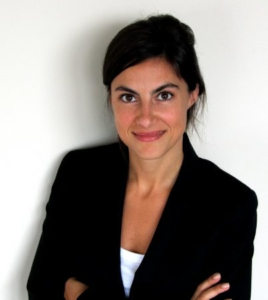 Ana Carolina Riella is the Outreach and Case Coordinator for the
Ana Carolina Riella is the Outreach and Case Coordinator for the 